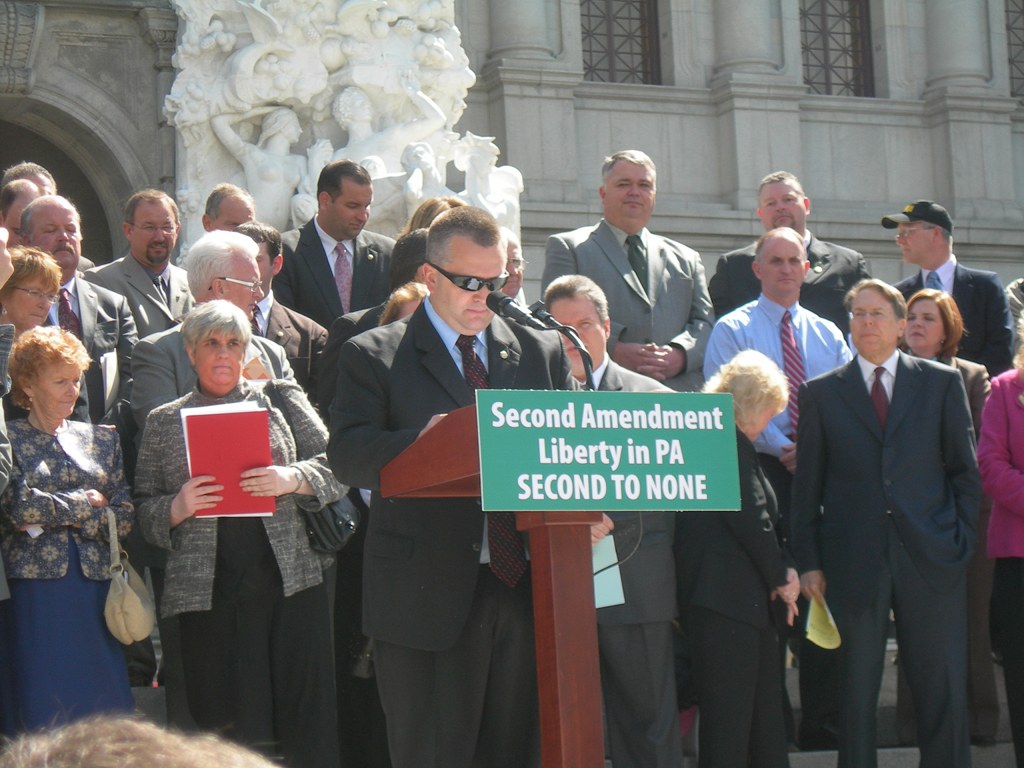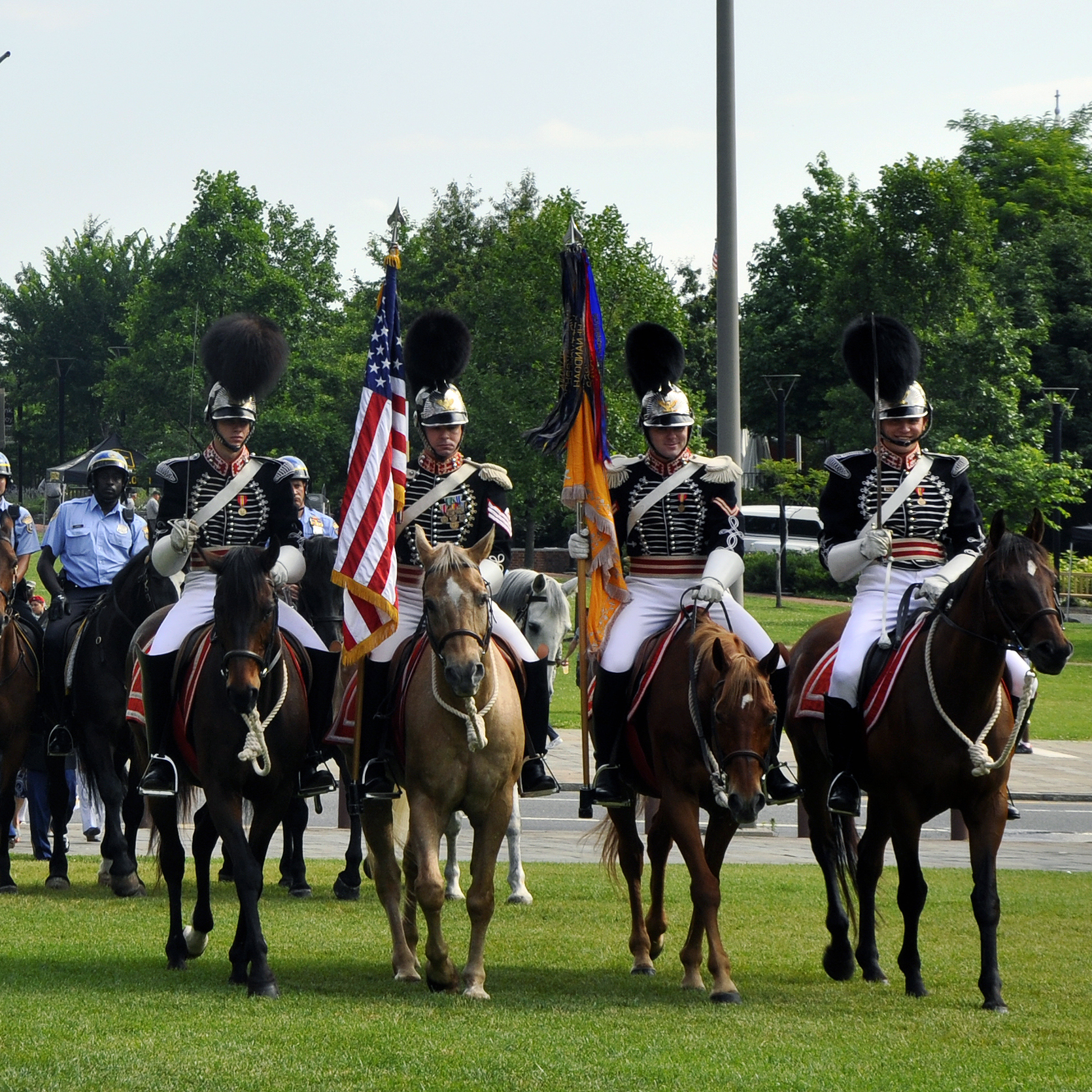As many of you have probably heard, Oregon passed a ban on privates sales. My goal with this post is to outline the implications of losing more states to the anti-gun blue menace. I keep thinking a lot lately about the book “The Big Sort,” which offers a theory as to why America is becoming more and more polarized:
We’ve built a country where we can all choose the neighborhood and church and news show — most compatible with our lifestyle and beliefs. And we are living with the consequences of this way-of-life segregation. Our country has become so polarized, so ideologically inbred, that people don’t know and can’t understand those who live just a few miles away. The reason for this situation, and the dire implications for our country, is the subject of this ground-breaking work.
Colorado, Nevada, Oregon and Washington are the victims of what people have un-affectionaly dubbed Californication; the outmigration of Californians to like-minded neighborhoods in other states. Even Austin, TX has been Californicated to a large degree. The Big Sort, by putting us into homogenous neighborhoods, makes the task of Gerrymandering safe and uncompetitive districts easier for the politicians. Now, gerrymandering can be a tool of the defending party, by loading up new blue neighborhoods into established ones, but that has its limits. In Oregon, Colorado, Washington, and Nevada, we may have reached those limits. Once the state flips, and the new party manages to gain control for the gerrymandering process, it’s over for the defending party absent a serious realignment.
It was no real surprise to anyone that states like New York, Connecticut, Maryland and Delaware slid back after Sandy Hook. Gun rights has been living on borrowed time for decades in those states. New Jersey, Connecticut and New York’s laws can all be explained by the fact that both Democrats and Republicans in New York won a decades long project to drive their gun cultures into extinction, and Connecticut and New Jersey are a result of that infection spreading. California’s transition happened much more quickly. Within my lifetime, California’s gun laws weren’t appreciably worse than those in other states. So how do politicians accomplish the extinction of their gun cultures?
Killing a gun culture really comes down to three things: gun bans, purchase restrictions, and carry restrictions. Note I don’t put licensing on this list. New York lived with the Sullivan Act for years with a healthy gun culture, and Illinois has (outside of Chicago) maintained their culture despite licensing. Licensing doesn’t necessarily kill a gun culture, but it can. Massachusetts is an example of a licensing regime that managed to kill off its culture. The Bay state successfully ratcheted up its requirements, dues, and greatly expanded the legal risk of gun ownership to the point where almost no one officially bothers anymore. California’s decline started with Roberti-Roos, their assault weapons ban, which after Sandy Hook became a template for states looking to finish off their gun cultures. It worked very well in California, and very quickly. I think assault weapons bans are probably the fastest acting gun culture poison out there.
Oregon gun owners should be very worried. Your new private transfer ban law will not be a culture destroyer itself. It’s too easy to ignore and nearly impossible to enforce. We’ve lived with a similar law for handguns for years in Pennsylvania, and it’s probably the most often broken gun law in this state. But this could be a harbinger of things to come for Oregon, and  the other Californicated states. My advice for people in Oregon:
- Yeah, I know your new law technically makes it illegal to hand a gun to someone else to teach them to shoot. Ignore it. Continue what you’ve been doing. It’s technically illegal to hand a handgun to another person in Pennsylvania if that person doesn’t have a License To Carry. I’ve never heard of someone getting arrested for doing it in a context where they weren’t committing some other crime. These laws are useless. The politicians know they are useless and impossible to enforce, but they want to go back to their wealthy white liberal constituents in Eugene, Portland, etc and tell them what a swell progressives they are, and how much they care about “victims of gun violence.”
- Fight any new gun bans like your gun culture depends on it, because it does.
- Fight any new restrictions that would make someone first purchase confusing or overly complicated like your gun culture depends on it, because it does.
- Fight any carry restrictions, like your gun culture depends on it, because it does.
- Punish, as best you can, those that did this to you. As much as I hate suggesting this, if you live in a culturally pro-gun area with a Democratic rep, you ought to replace that rep even if they are pro-gun. Once you hit the point where the rest of the Dem caucus doesn’t have to care what their rural pro-gun contingent thinks, you do yourself no favors helping keep that party in power. Pennsylvania has traditionally had many pro-gun Democrats, but here the fact that gun control splits their caucus still matters to the party, though we’re reaching the point where that will no longer be true if they ever regain the legislature.
I wish I could say the problem will get better, but it’ll likely only get worse. California and other parts of the west are running out of water. This problem has been exacerbated by the drought, but it would be running out even without the drought. The root problem is poor planning, and an inability to do large water projects thanks to NIMBYs and environmentalists. It may be reality that one day the people of Los Angeles and San Francisco turn on the water taps and nothing comes out. If that happens, millions will leave the state, and that will be a disaster for the whole country, and especially states like Oregon, Washington, and Colorado.
Currently about 1/3rd of the population of this country lives effectively without meaningful Second Amendment rights. As we lose more and more states, that number is only going to rise. We have to do something, and that’s going to require more creative thinking than our movement has traditionally been accustomed to.









